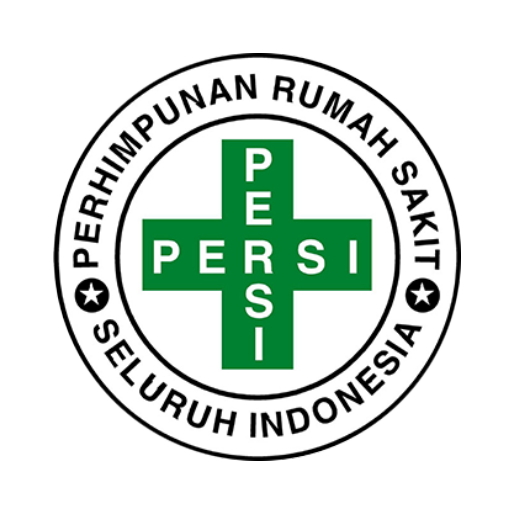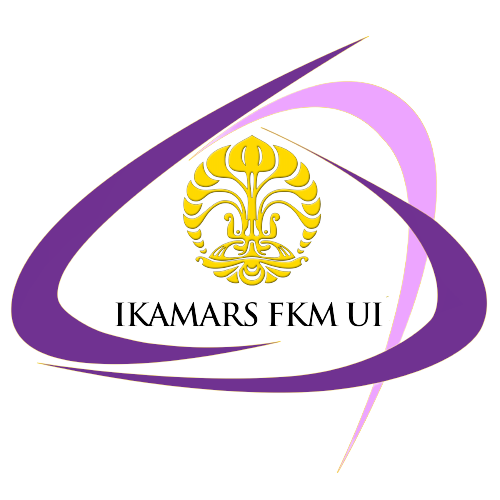KNOWLEDGE, WORKLOAD, ATTITUDE, AND ELECTRONIC HEALTH RECORDS COMPLIANCE AMONG HEALTHCARE PROFESSIONALS
Abstract
Keywords
Full Text:
PDFReferences
Almenyan, A. A., Albuduh, A., & Al-Abbas, F. Effect of Nursing Workload in Intensive Care Units. Cureus. 2021;13(1), e12674. https://doi.org/10.7759/cureus.12674
Tsai, C. H., Eghdam, A., Davoody, N., Wright, G., Flowerday, S., & Koch, S. Effects of Electronic Health Record Implementation and Barriers to Adoption and Use: A Scoping Review and Qualitative Analysis of the Content. Life (Basel, Switzerland). 2020;10(12):327. https://doi.org/10.3390/life10120327
Rahmatiqa, C., Abdillah, N., & Yuniko, F. Factors that cause compliance filling medical records in hospitals. International joutnal of community medicine and public health. 2020;7(10):4180-4184. http://dx.doi.org/10.18203/2394-6040.ijcmph20204393
Limbu, D. K., Piryani, R.M., & Sunny, A.K. Healthcare workers' knowledge, attitude and practices during the COVID-19 pandemic response in a tertiary care hospital of Nepal. PLOS ONE. 2020;15(11): e0242126. https://doi.org/10.1371/journal.pone.0242126
Roupa, Z., Polychronis, G., Latzourakis, E., Nikitara, M., Ghobrial, S., Chrysafi, A., & Noula, M. Assessment of Knowledge and Perceptions of Health Workers Regarding COVID-19: A Cross-Sectional Study from Cyprus. Journal of community health. 2021;46(2):251–258. https://doi.org/10.1007/s10900-020-00949-y
Dunn Lopez, K., Chin, C. L., Leitão Azevedo, R. F., Kaushik, V., Roy, B., Schuh, W., Banks, K., Sousa, V., & Morrow, D. Electronic health record usability and workload changes over time for provider and nursing staff following transition to new EHR. Applied ergonomics. 2021;93:103359. https://doi.org/10.1016/j.apergo.2021.103359
Tian, Z., Tang, C., Akram, F., Khan, M. L., & Chuadhry, M. A. Negative Work Attitudes and Task Performance: Mediating Role of Knowledge Hiding and Moderating Role of Servant Leadership. Frontiers in psychology. 2022;13: 963696. https://doi.org/10.3389/fpsyg.2022.963696
Mkalira Msiska, K. E., Kumitawa, A., & Kumwenda, B. Factors affecting the utilisation of electronic health records system in Malawian central hospitals. Malawi medical journal : the journal of Medical Association of Malawi. 2017;29(3): 247–253.
Upadhyay S, Hu H. A Qualitative Analysis of the Impact of Electronic Health Records (EHR) on Healthcare Quality and Safety: Clinicians’ Lived Experiences. Health Services Insights. 2022;15. doi:10.1177/11786329211070722
Wawrzyniak, C., Marcilly, R., Baclet, N., Hansske, A., & Pelayo, S. EHR Usage Problems: A Preliminary Study. Studies in health technology and informatics. 2019;257:484–488.
Indar, I., & Naiem, F. Faktor yang Berhubungan dengan Kelengkapan Rekam Medis di RSUD H. Padjonga Dg. Ngalle Takalar 2013. Jurnal Administrasi dan Kebijakan Kesehatan Indonesia. 2013;2: 2.
Dewi, K. W. Hubungan antara Pengetahuan Dokter tentang Rekam Medis dengan Kelengkapan Pengisian Data Rekam Medis Dokter yang Bertugas di Bangsal Anak Rsup Dr. Kariadi Semarang Periode 1-31 Agustus 2010. Jurnal Undip, Semarang; 2011.
Harry, S.. Pengaruh Beban Kerja, Komitmen dan Kepuasan Kerja Dokter Spesialis terhadap Performance Rekam Medis di Ruang Rawat Inap Rumah Sakit X Kota Medan Tahun 2018. Repositori Instutis Universitas Sumatera Utara, Tesis Magister; 2019.
Janssen, A., Donnelly, C., Elder, E., Pathmanathan, N., & Shaw, T. EHR implementation in tertiary care: factors influencing adoption of an EHR in a cancer centre. BMC Health Serv Res. 2021; 21: 1, 23.
Hayuningsih, C. Analisis Kepatuhan Dokter dalam Penulisan Diagnosis Kaitannya dengan Klaim BPJS di Unit Rawat Inap RS An-Nisa. Tesis Program Studi Administrasi Rumah Sakit; 2014.
Sofiana. Perencanaan dan Pelaksanaan Dokumentasi Rekam Medis Asuhan Keperawatan Di Ruang Barokah Rumah Sakit PKU Muhammadiyah Gombong. Jurnal Ilmiah Kesehatan Keperawatan. 2015;7:190-197.
Shah SU, Xiu Ling Loo E, En Chua C, Sen Kew G, Demutska A, et al. Association between well-being and compliance with COVID-19 preventive measures by healthcare professionals: A cross-sectional study. PLOS ONE. 2021;16(6): e0252835. https://doi.org/10.1371/journal.pone.0252835.
DOI: http://dx.doi.org/10.7454/arsi.v9i3.7303
Refbacks
- There are currently no refbacks.








